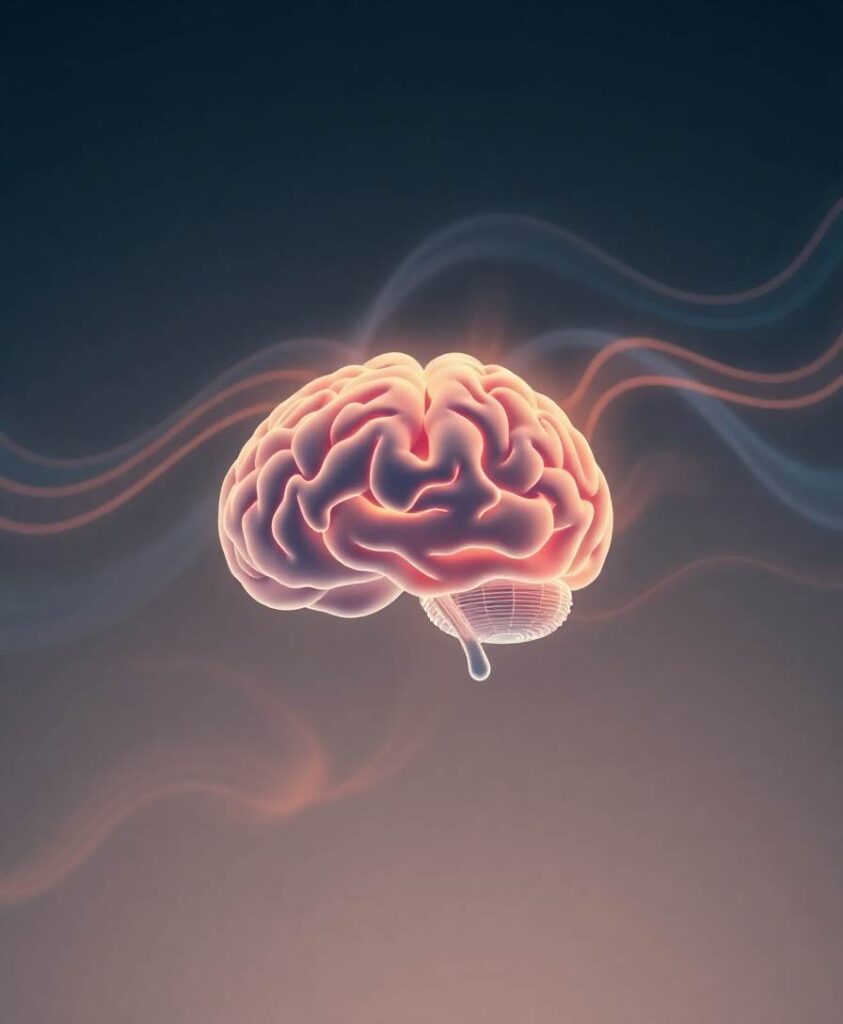By exploring the connection between brain lesions and cessation of addictive behavior, this study sheds light on the underlying processes and mechanisms involved in addiction. It offers hope that these findings can be translated into real-life treatments and strategies to combat addiction. Who knows, maybe one day we’ll see specialized medications or therapies designed specifically to reprogram or rewire this addiction network, effectively helping individuals break free from the grip of substance dependence.
Empowering individuals with knowledge about the complexity of their own brains can lead to more informed decision-making when it comes to substance use. So dig deeper, learn more about this fascinating research, and empower yourself with insights into how we can better understand and combat addiction!
Researchers said on Monday they had mapped the network in the brain linked to addiction by studying long-time smokers who abruptly quit after suffering brain lesions. They hope the research will give future treatments a target to aim for in the fight against addiction to a…



